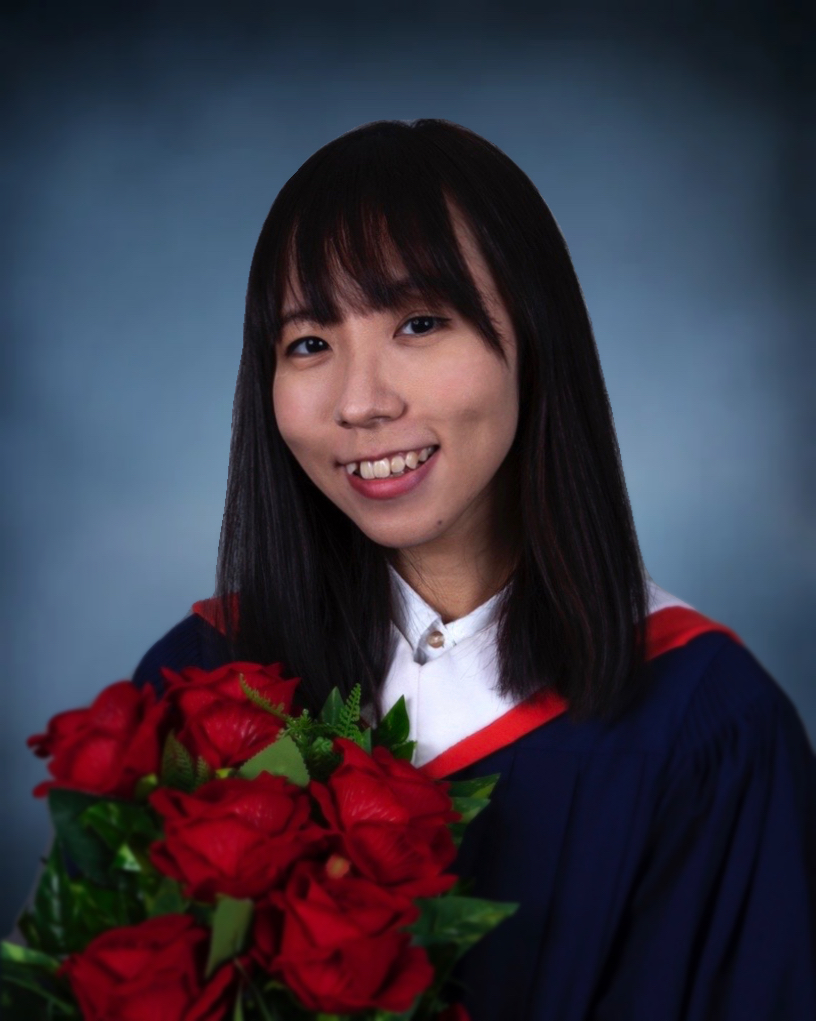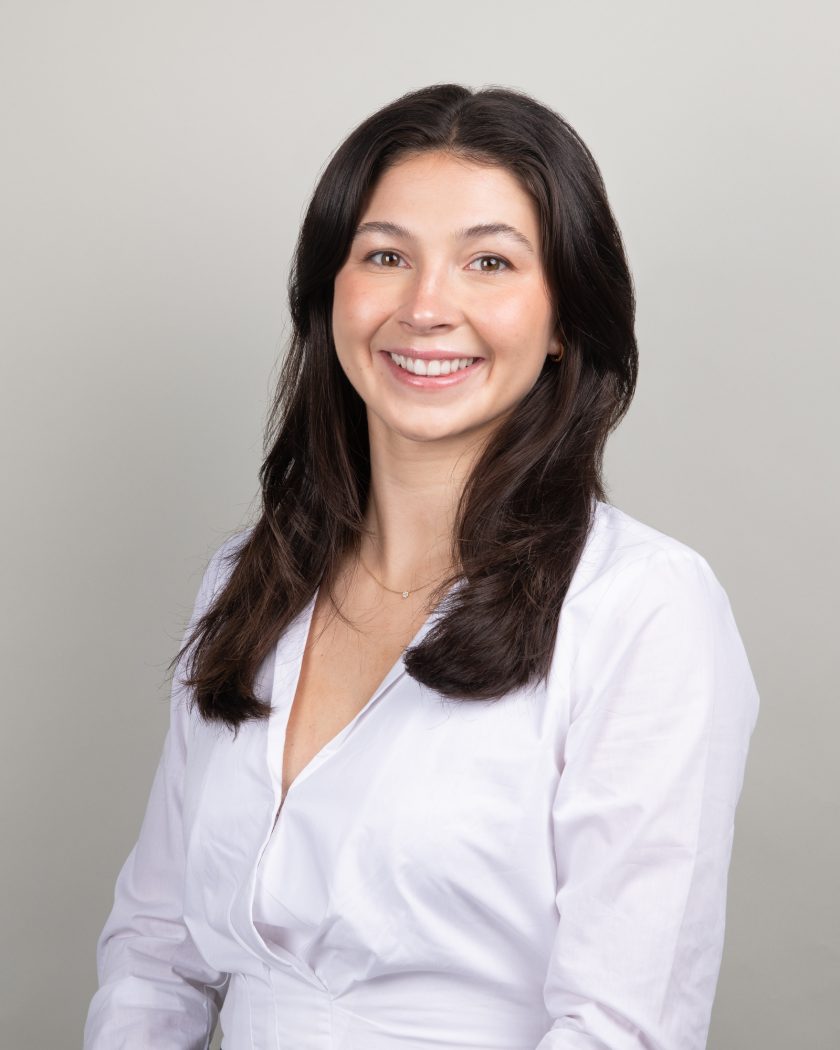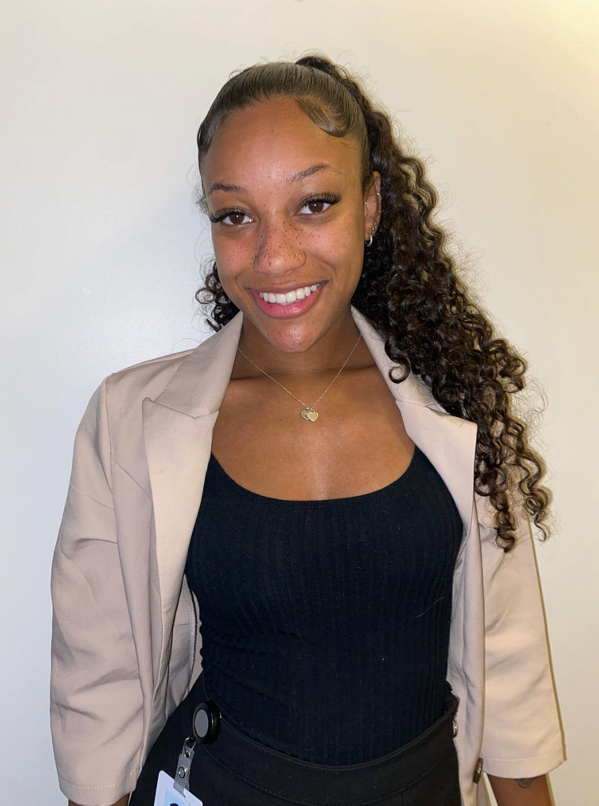The Department of Communication, Popular Culture and Film mourns the death of Professor Emeritus William “Bill” Henry Nelles Hull, who passed away Wednesday, Nov. 2 at the age of 93.
In the early 1980s, Hull was one of the founders of the Interdisciplinary Program in Communication Studies from which the Department of Communication, Popular Culture and Film (CPCF) evolved following a merger with Film Studies more than two decades ago.
Hull retired from Brock’s Department of Politics, as it was then known, in 1995. He was a major scholar in Canadian and Comparative media policy, especially in the area that used to be known as “broadcasting policy.”
To learn more about Bill Hull and his impact on Brock University, please read The Brock News article.
His funeral will take place on Thursday, Nov. 10 at 11 a.m. in St George’s Anglican Church in St Catharines. Reception to follow.











